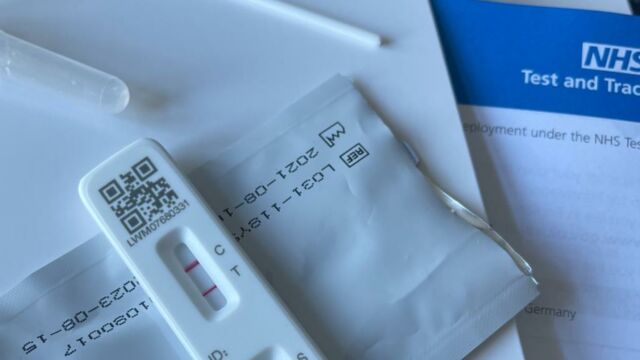With the Omicron varianttaking over the UK and the rest of Europe since it first emerged in November, testing for the virus has become more important than ever.
Discover our latest podcast
A false positive indicator
But as it turns out, lateral flow tests could easily present a false positive for this particular reason. According to London-based A&E doctor Nathan Hudson-Peacock, if the line that indicates a positive result is rather faint and only appears after a certain amount of time, then it could in fact be wrong. He explains that:
Essentially, if *any* line appears before the end of the interpretation window (check leaflet, usually this is 30 minutes), then this is a *positive* test and you must isolate and book a PCR.
And added:
However, if a line appears *after* the interpretation window then this does NOT count as a positive test. You do not need to isolate and you do not need to book a PCR.
Why do false positives occur?
The health experts goes on to say that the reason this might happen could be due to a contamination such as food or drink or other substances that could provoke a false positive. He also adds:
Or there are just incredibly low levels of the virus.If it is the latter, and obviously assuming you are asymptomatic at this point, then you are very unlikely to be a transmission risk anyway and so it is of little significance.
In any case, if you do present symptoms that are associated with any variants of the coronavirus, then you should definitely book to get a PCR test which are more accurate than LFTs.















